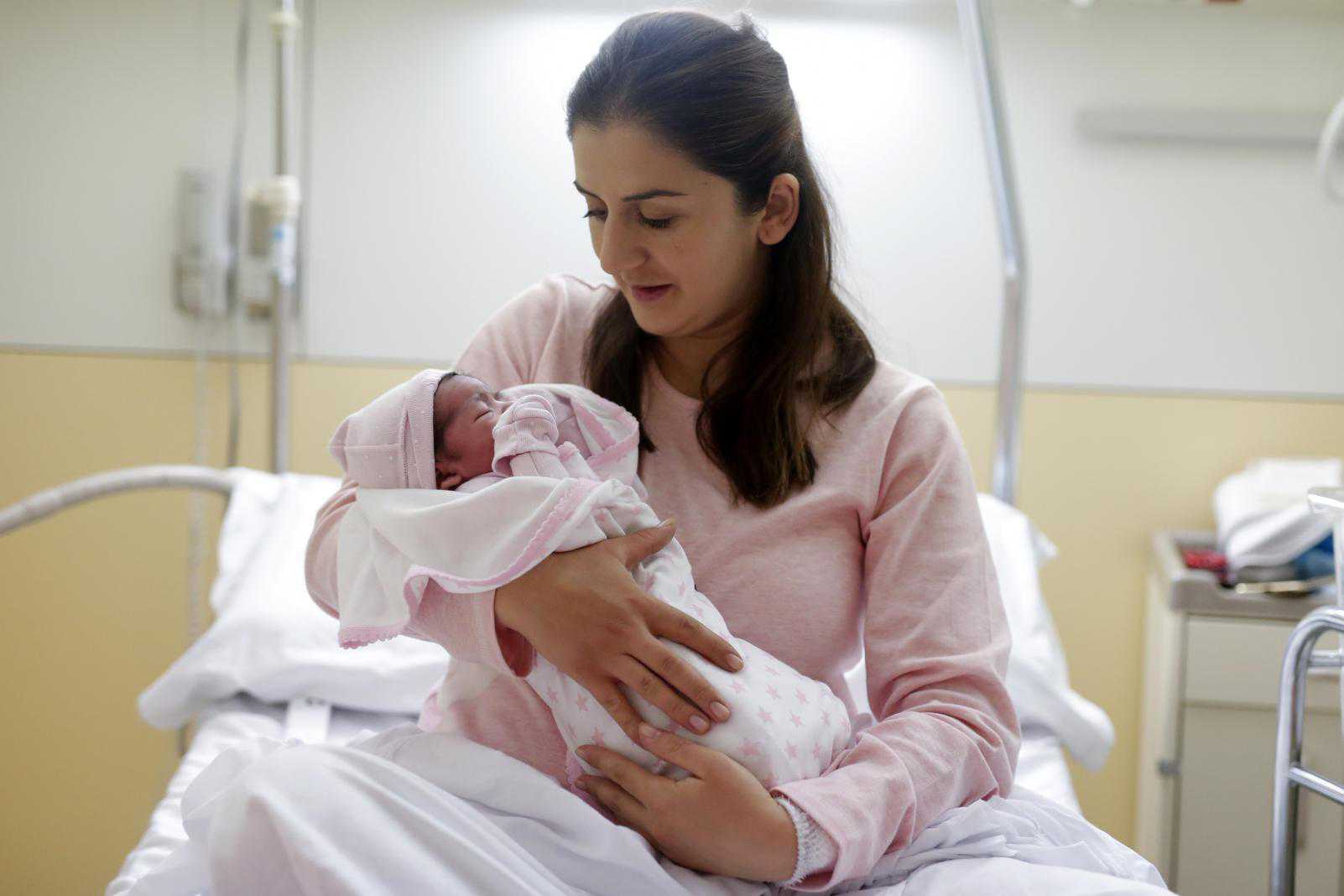Women, babies at risk when COVID-19 disrupts health services, World Bank warns
02 July, 2020

An incredible number of women and kids found in poor countries are at risk because the COVID-19 pandemic is disrupting health services they rely on, from neonatal and maternity care to immunizations and contraception, a global Bank global health professional has warned.
Monique Vledder, head of secretariat in the bank's Global Financing Facility (GFF), told Reuters within an interview the organization was gravely concerned about the numbers of kids missing vaccinations, women having a baby without medical support and interrupted items of life-saving medicines just like antibiotics.
"We're very concerned about what's happening - particularly in sub-Saharan Africa," Vledder stated as she unveiled the benefits of a GFF survey, one of the initial seeking to determine the impact of COVID-19 on women's and children's health.
"Most of the countries we work on are fragile and so, by definition, curently have very challenging conditions when it comes to health support delivery. That is making things worse."
From past due March, the GFF has conducted regular monthly surveys with local personnel in 36 countries to screen the impact of COVID-19 on essential wellbeing services for women, children and adolescents.
Sharing the survey findings with Reuters, GFF said that of countries reporting, 87% stated the pandemic, fears about infection or lockdown actions designed to curb the pass on of the coronavirus, acquired led to disruptions to wellness workforces.
More than three-quarters of countries as well reported disruptions in items of key medicines for mothers and infants, such as antibiotics to take care of infections and oxytocin, a drug for preventing extreme bleeding after childbirth.
The quantity of GFF countries reporting service disruptions practically doubled from 10 in April to 19 in June, and the quantity reporting fewer persons seeking essential health services jumped to 22 in June from five in April.
GFF found that in Liberia, for instance, fears about COVID-19 were stopping parents from taking their children to wellbeing treatment centers. In Ghana, some pregnant and lactating mothers had been opting to postpone antenatal offerings and routine immunizations for concern with contracting the pandemic disease.
"We happen to be seeing declining vaccination prices among children. We're seeing girls accessing services not as much for ante- or post-natal treatment. We're witnessing a decline in babies being born in overall health facilities. And we're as well finding a slide in outpatient products and services - for treatments for diarrhea, malaria, fever, pneumonia for instance," Vledder said.
Rapidly declining usage of reproductive health supplies can be an integral worry, Vledder added. The GFF estimates that if the problem does certainly not improve as much as 26 million girls could lose usage of contraception in the 36 countries, resulting in practically 8 million unintended pregnancies.
Source:
TAG(s):
